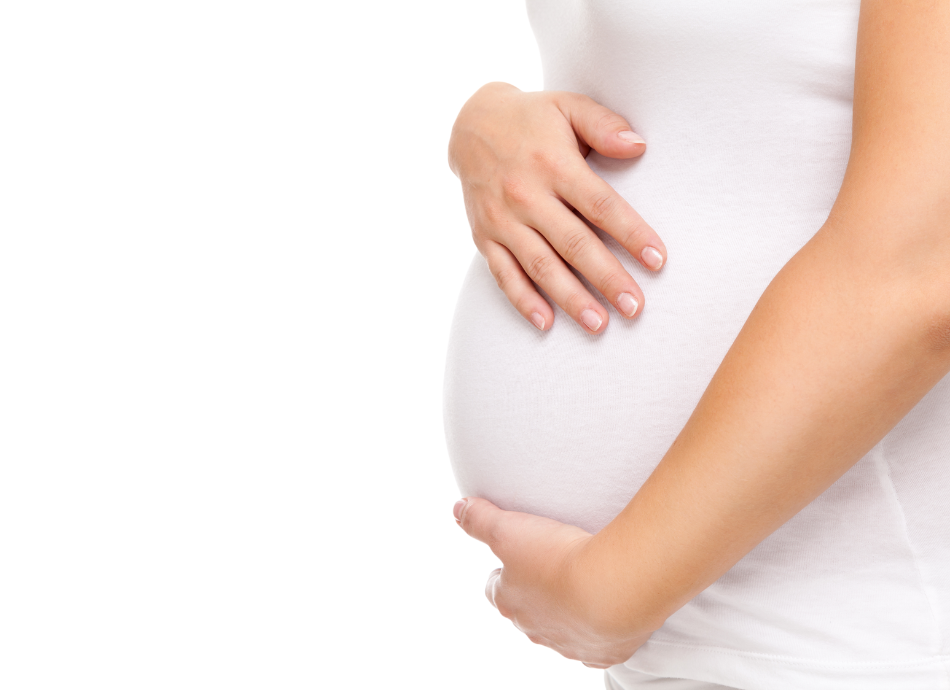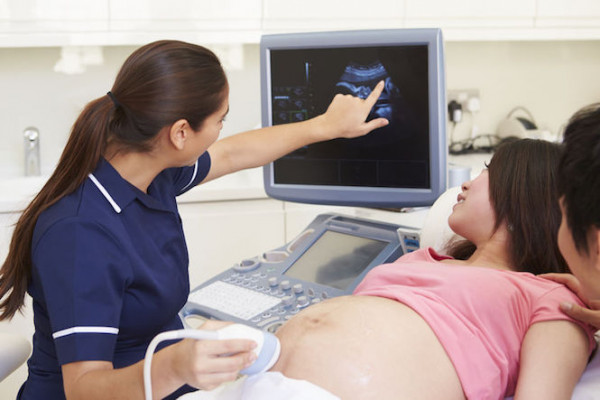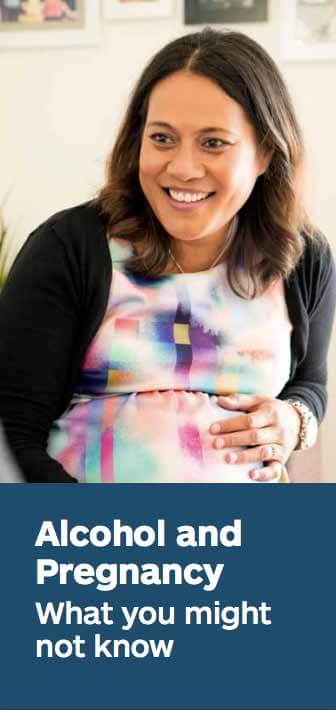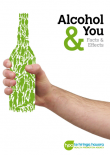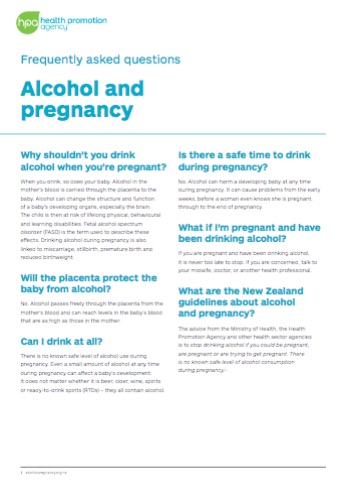Alcohol and Pregnancy – summary of evidence(external link) outlines why alcohol use is an issue during pregnancy, New Zealand statistics and approaches to reducing alcohol use in pregnancy.
Drinking alcohol during pregnancy(external link), a literature review undertaken by HPA in 2014, reviews recent New Zealand and international published research on alcohol and pregnancy.
Drinking alcohol during pregnancy – an overview and new research, in the June 2015 issue of AlcoholNZ, provides a succinct overview of the alcohol and pregnancy evidence and key findings from the HPA literature review and qualitative research projects.
Evaluation of the Early Pregnancy Assessment Approach (Whakauae Research for Māori Health and Development, 2015) – The Whanganui Regional Health Network’s Early Pregnancy Assessment Approach (EPAA) is designed to improve identification and management of early pregnancy risk factors within the primary care setting. It is a comprehensive model that includes an early pregnancy screening tool for general practice, maternity support roles and strengthened referral pathways and information sharing between general practice and other health and social services. This implementation evaluation was commissioned by HPA in 2015. It describes the EPAA, identifies successes and challenges of early implementation in Whanganui and provides recommendations for wider implementation of the EPAA.
Evaluation of the Hawke’s Bay DHB Developmental Assessment Programme FASD Assessment Pathway(external link) (Health and Safety Developments, 2015) – The Hawke’s Bay District Health Board (DHB) Developmental Assessment Programme (DAP) provides multi-disciplinary diagnostic assessments of children with complex developmental and behavioural concerns. One component of the DAP is a Fetal Alcohol Spectrum Disorder (FASD) Assessment Pathway for children with developmental and behavioural issues potentially related to prenatal alcohol exposure. This process evaluation of the DAP FASD Assessment Pathway was commissioned by HPA in 2015. It describes core components and delivery mechanisms of the FASD Assessment Pathway, identifies key implementation successes and challenges and outlines considerations for replication of an FASD Assessment Pathway in other regions.
Insights from women about drinking alcohol during pregnancy(external link), qualitative research undertaken by HPA in 2014, explores factors that influence alcohol drinking practices during pregnancy among different groups of New Zealand women.
Evaluation of the Waitematā DHB CADS Pregnancy and Parenting Service (Health and Safety Developments, 2015) – Reducing harm for children affected by parental addiction and reducing unequal access to addiction services are key priorities for the HPA. Waitematā DHB Community Alcohol and Drug Service (CADS) Pregnancy and Parenting Service (PPS) provides an intensive assertive outreach case coordination service for parents of children aged under three-years-old and pregnant women who are experiencing problems with alcohol and other drugs. This process evaluation was commissioned by HPA to understand more about the PPS model, identify implementation successes and challenges and explore considerations for service replication in other regions.
Consumer awareness and understanding of alcohol pregnancy warning labels (external link) (Colmar Brunton, Social Research Agency, 2016) – This research was funded buy HPA and uses an online survey to find out about consumer awareness, recall and knowledge of current alcohol pregnancy warning labels. The research highlights the important role of alcohol warning labelling in raising awareness of the risks and harms of drinking alcohol while pregnant (or when planning a pregnancy).
Read more about alcohol and pregnancy from the HPA(external link)


